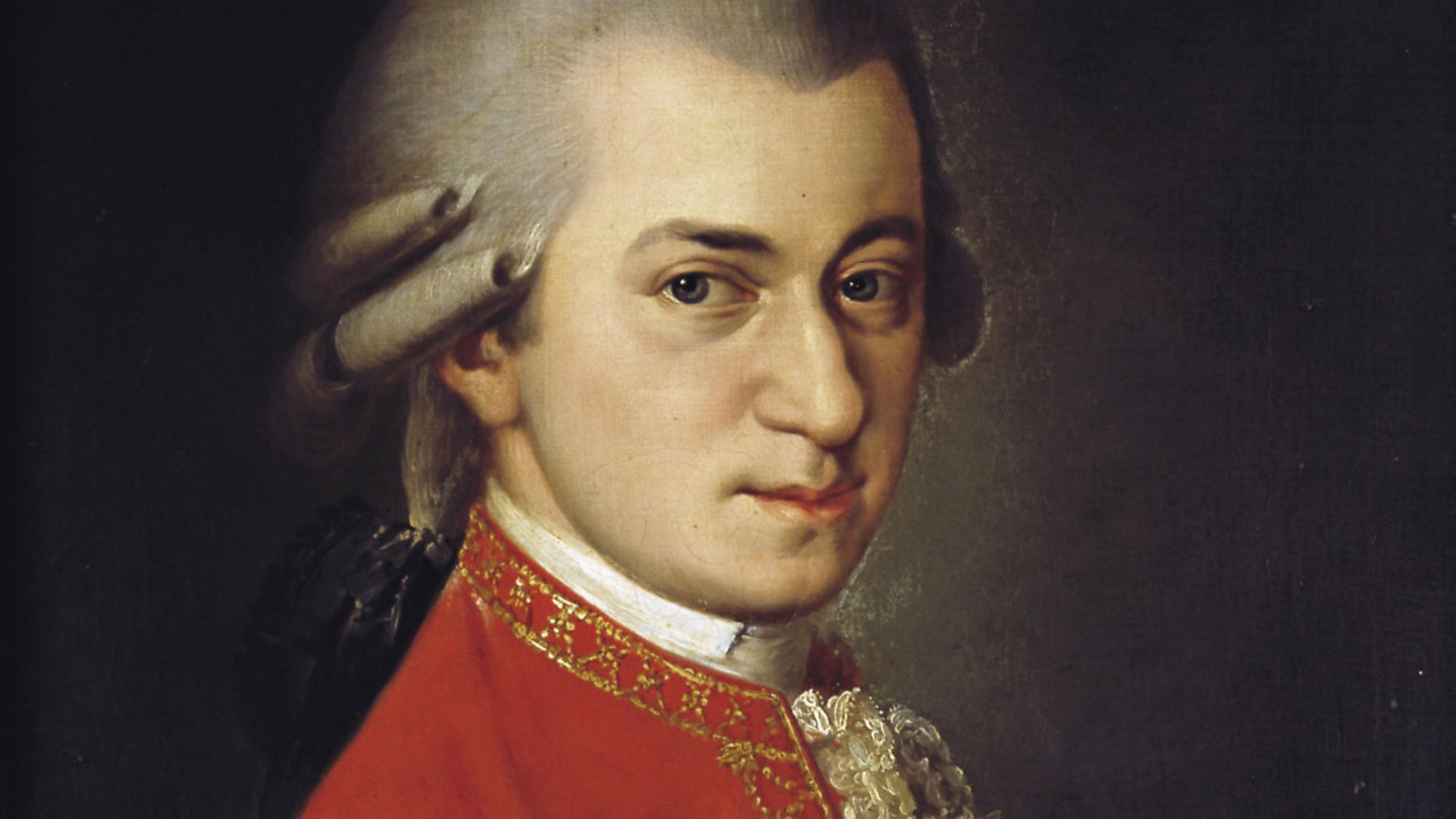
The musical abilities of Mozart are well known. His linguistic talents, less so… PETER TRUDGILL reports
Wolfgang Amadeus Mozart (1756-1791) was a composer of sublime music which is still very much loved 250 years after it was written. He was undoubtedly an extraordinary and perhaps uniquely gifted musical genius.
His compositions are often described as elegant and sophisticated; but it is also rather well known to musicologists that he once wrote in the margin of a musical exercise paper which had been handed in to him by one of his pupils the words “You are an ass”!
Mozart had a lively and at times rather crude sense of humour, but the point about this scathing comment – even if it was no doubt somewhat humorously intended – is that those were Mozart’s own words: he actually wrote this insulting critique in English.
The student in question was called Thomas Attwood (1765-1838), and he came from Pimlico in London. He had the good fortune to be financed in his studies by a grant from the Prince of Wales who later became King George IV.
We know that as a boy Mozart had been taught Latin, Italian, French and English by his father, Leopold – who came from Augsburg, now in Germany. Wolfgang himself was a mother-tongue speaker of the dialect of German spoken in his native town of Salzburg, now in Austria.
Mozart had spent 15 months living, composing and performing in London, from the spring of 1764 until the summer of 1765, when he was a boy prodigy aged eight and nine. At that age, it is likely that he would have learnt quite a lot of colloquial English rather quickly; and the language seems to have stayed with him into adulthood: writing “you are an ass” probably came to him rather naturally and spontaneously.
Wolfgang must have also been rather good at Latin, because at the age of 11 he wrote an opera in Latin titled Apollo et Hyacinthus. It is interesting to note that his middle name was registered at his birth as Theophilus, which is Greek for ‘loved by God’ or ‘loving God’. The German equivalent would have been Gottlieb (the famous German automotive engineer Daimler went by that name), and Mozart’s father also sometimes used this name for him. But Wolfgang himself seems to have preferred the Latin version of his middle name, Amadeus.
The Mozarts travelled extensively in his childhood and youth as his father showed off Wolfgang’s almost superhuman skills as a performer and composer. He visited Italy a number of times and spoke the language rather well. In a letter from Italy to Wolfgang’s mother, Leopold wrote that “the Cardinal appeared to be delighted, and remarked that Wolfgang spoke Italian very well”. A number of operas he wrote also had librettos (or libretti, if you prefer) in Italian: Le Nozze di Figaro, ‘The marriage of Figaro’, Idomeneo Re di Creta, ‘Idomeneus, King of Crete’, Don Giovanni, ‘Don Juan’, Cosi fan tutte, ‘All women behave like that’, and La clemenza di Tito, ‘The mercy of Tito’ are the best known.
Since Thomas Attwood was studying with Mozart in Vienna at the time when Le Nozze di Figaro was being composed, it is also perhaps not surprising that Mozart sometimes wrote comments in Italian on work that Attwood submitted to him: non è cantabile, ‘it is not singable’, was one of them.
As a boy, Mozart also spent time in Paris, and he was rather fluent in French. In one of his letters to his father, written when he was a young man, he wrote (in German): “Countess Salern is a Frenchwoman, and scarcely knows a word of German; so I have always been in the habit of talking French to her. I do so quite boldly, and she says that I do not speak at all badly.”
Wolfgang Amadeus Mozart was a musical genius. But he was not at all bad at languages either.








